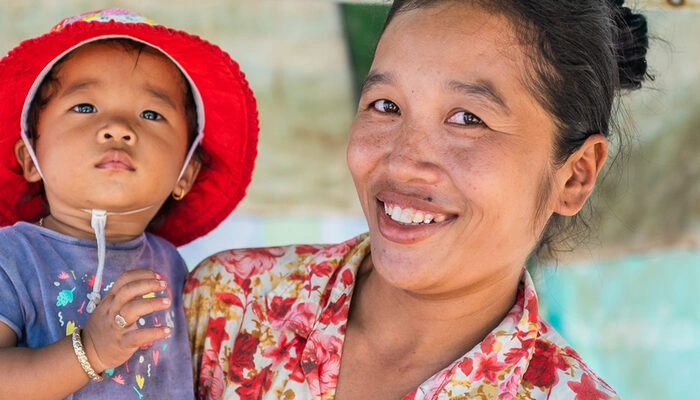Cambodia achieved a historic milestone in 2024, recording a 74% malaria reduction compared to the previous year. This remarkable success highlights the nation’s commitment to malaria elimination through enhanced healthcare efforts and public awareness.
Significant Decline in Malaria Cases
According to Huy Rekol, Director of the National Centre for Parasitology, Entomology and Malaria Control, malaria cases dropped from 1,384 in 2023 to just 355 in 2024. Moreover, the country reported no malaria fatalities since 2018 and no local cases of Plasmodium falciparum since January 2024. “This is a testament to Cambodia’s relentless dedication and coordinated efforts to combat malaria,” Rekol remarked.
Key Factors Behind the Achievement
The dramatic reduction in malaria cases is attributed to several factors:
- Enhanced Surveillance: Improved tracking and monitoring of malaria cases enabled timely intervention.
- Public Awareness Campaigns: Increased education about prevention measures empowered citizens to protect themselves.
- Access to Resources: Availability of malaria testing devices, insecticide-treated mosquito nets, and effective anti-malarial drugs significantly reduced transmission rates.
The widespread use of Artesunate-Mefloquine (ASMQ), a highly effective treatment for malaria, also played a critical role in Cambodia’s progress.
Read: Gaza Healthcare Faces Collapse Amid Ongoing Conflict
The Role of Healthcare Professionals
Healthcare workers and government officials worked tirelessly to implement preventive and curative measures. Their efforts ensured that the country’s healthcare system remained equipped to handle and prevent outbreaks. “This progress positions Cambodia among the leading countries in malaria elimination,” Rekol emphasized.
Cambodia’s Goal for Malaria-Free Status
Building on its achievements, Cambodia aims to completely eliminate malaria by 2025. This ambitious goal reflects the nation’s vigilance and dedication to sustainable healthcare solutions. Continuous monitoring, community engagement, and investment in healthcare resources will be key to maintaining this momentum.
Understanding Malaria
Malaria, caused by parasites transmitted through the bites of infected mosquitoes, remains a significant health challenge in tropical and subtropical regions. Early symptoms, including fever, headache, and chills, usually appear 10–15 days after infection. If untreated, the disease can lead to severe complications.
Globally, malaria affected 241 million people and caused 627,000 deaths in 2020, with Africa and South Asia bearing the highest burden. Cambodia’s progress underscores the importance of sustained efforts to combat this life-threatening disease.
A Pathway for Global Inspiration
Cambodia’s success story serves as an example for other nations battling malaria. By combining robust surveillance systems, public education, and accessible healthcare resources, Cambodia has shown that malaria elimination is achievable.
As Cambodia edges closer to its malaria-free goal, its journey offers valuable insights into effective disease control and prevention. With continued vigilance, the nation sets a benchmark for global health initiatives targeting tropical diseases.
Follow Day News on Google News, Instagram, YouTube, Facebook, Whats App, and TikTok for latest updates
